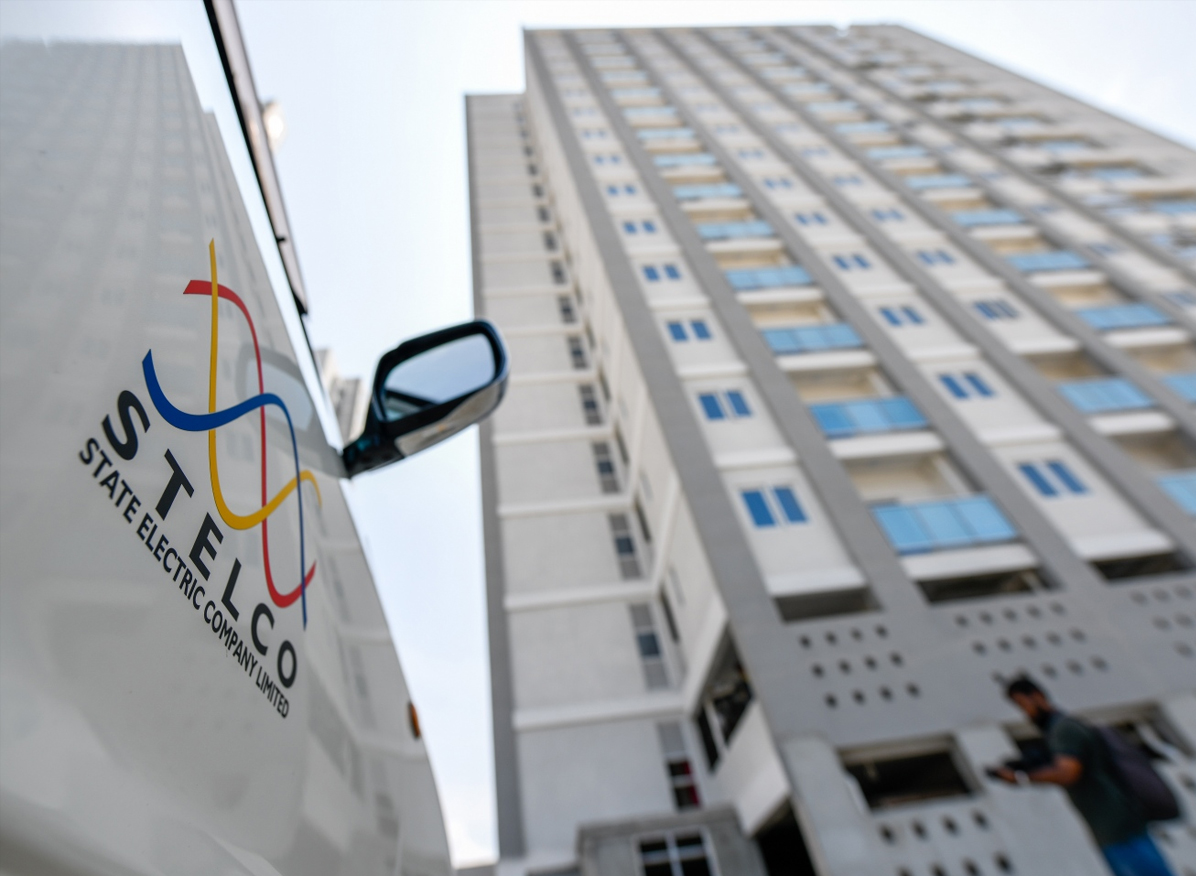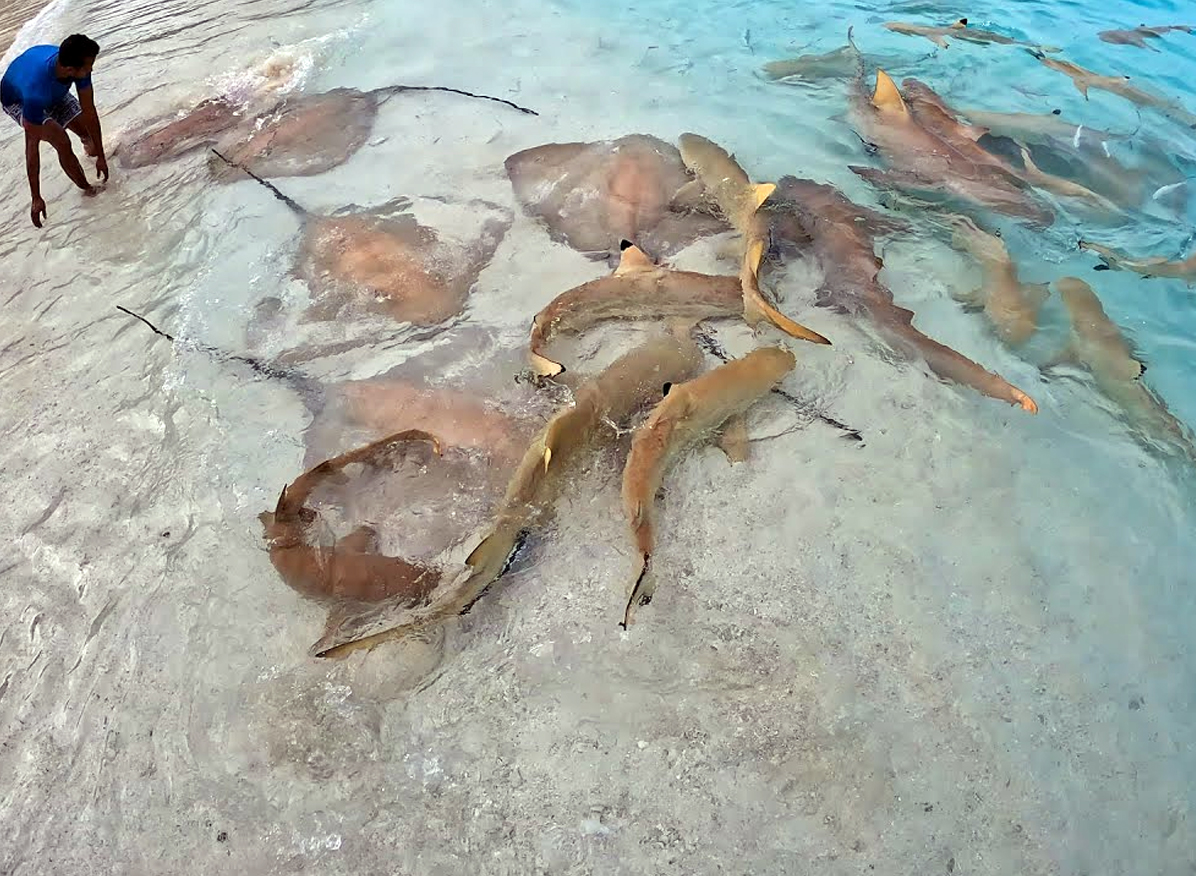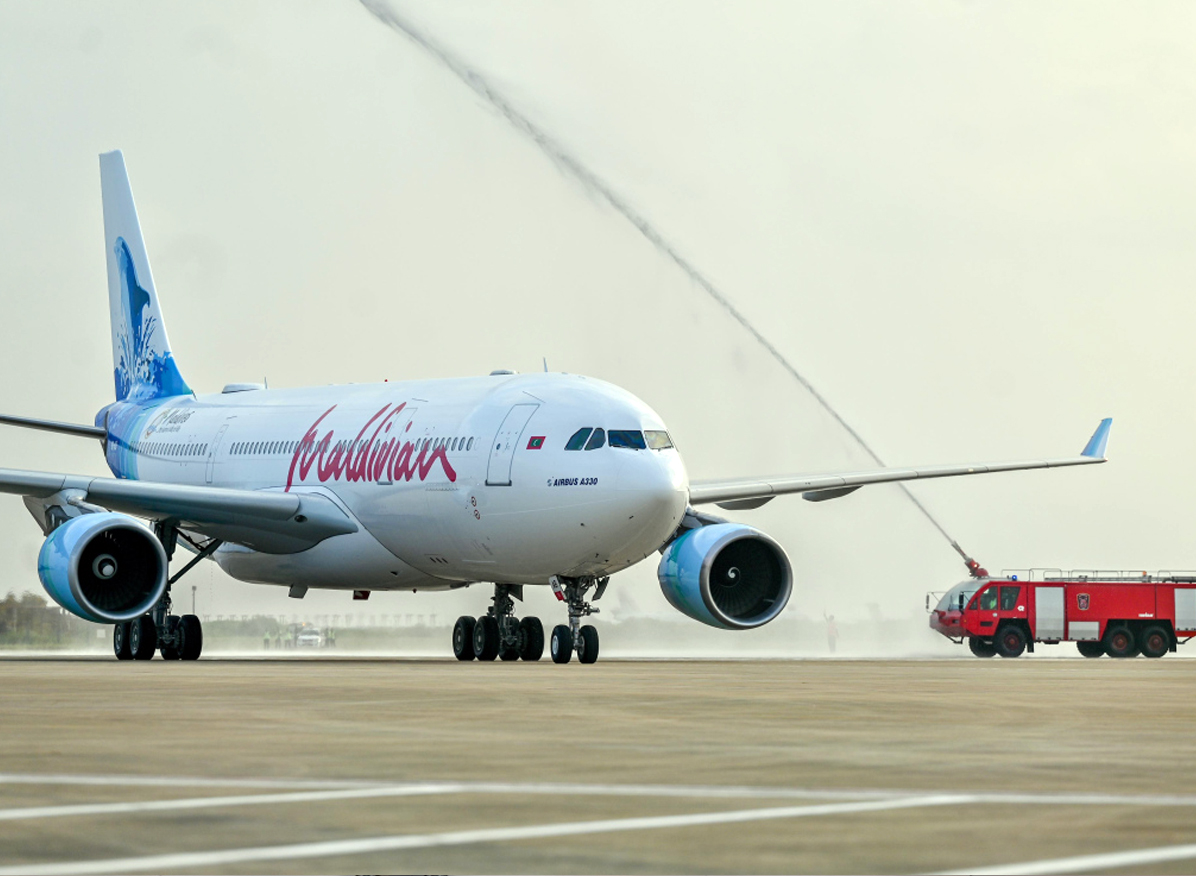Global credit rating agency Moody’s has upheld the Maldives’ credit rating at Caa2, recognizing ongoing governmental reforms aimed at stabilizing the nation’s financial and economic landscape.
Last year, Moody’s downgraded the Maldives’ rating from Caa1 to Caa2 due to persistent risks of default stemming from low foreign exchange reserves and limited recovery prospects. Following its latest review, Moody’s opted to retain the Caa2 rating, citing notable improvements in accessing bilateral financing, new foreign currency regulations by the Maldives Monetary Authority (MMA), and government-led revenue reforms.
Moody’s highlighted a key development—the successful materialization of a substantial currency swap arrangement with India, valued at USD 400 million and INR 30 billion. This reflects the Maldives’ continued access to bilateral financing. Additionally, newly introduced foreign currency regulations and tax reforms are expected to bolster foreign exchange reserves. Combined with reserves in the Sovereign Development Fund (SDF), these measures provide critical support for external debt repayment.
Despite these efforts, the Maldives continues to face significant external liquidity challenges due to high debt obligations over the next 12 to 18 months. Moody’s projects the government’s external debt service to reach USD 600–700 million in 2025 and approximately USD 1 billion in 2026, including a USD 500 million sukuk maturing in April 2026. Challenges in securing sufficient foreign currency persist, adding to these pressures.
Moody’s indicated that any future rating adjustments would depend on the government’s ability to secure foreign currency financing and effectively implement budgetary reform measures.
According to the Finance Ministry, total debt is expected to reach MVR 139 billion by the end of this year and increase further to MVR 150 billion by 2025, equivalent to 124% of the country’s GDP. To address these challenges, the ministry has outlined seven strategies to enhance tax and fee revenue, with a target of generating an additional MVR 4.5 billion. Efforts to curb inefficient public spending are also underway.















